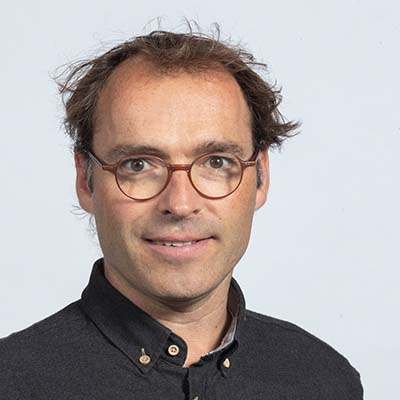What we do
About our project
What is the motivation for this research?
The impact of minimally invasive (MI) medicine today is massive. The benefits accrued from the application of these new technologies are manifold but the main improvement is the reduced invasiveness of todays’ diagnostics and treatments; compared to open surgical interventions, MI approaches cause less trauma, less blood loss, faster recovery, and lower infection risk. In addition to direct benefits for patient wellbeing, MI technologies lead to economic benefits through shorter hospital stays, quicker recovery and lower loss of productivity.
What is the aim?
Minimally invasive interventions can be applied in an ever-expanding range of clinical scenarios, offering faster recovery, lower infection risk, and is inherent advantageous for patients and society. These new techniques require instruments with advanced functionalities, which are complex, frequently multimodal and difficult to make, refine and document. The innovation cycle can be significantly shortened (saving costs and time) with novel validated manufacturing and testing methods. Components, manufacturing, and assembly processes will be characterized and validated with standardized tests, enabling a quicker innovation process and regulatory approval with quicker and safer implementation.
How will you perform this research?
- New design, manufacturing and assembly methods, suitable for modular instrument construction, need to be developed to enable compact versatile instruments construction from simple and smart units with well-controlled properties.
- Tailor-designed phantom models representing human tissues, including medical abnormalities, will enable validation and verification of usability, effectiveness, and functional specifications. Such phantoms can partially replace animal experiments and clinical trials.
- Studies on clinical workflow, in experimental as well as real-world settings to provide data on clinical impact and patient safety. These will inform the regulatory assessment of innovative MI instruments, scouting paths to implementation with pilot innovations.
What is the desirable outcome?
Key deliverables of the programme
The programme will deliver:
- a range of adaptable modular multimodal design methodologies for development of a large variety of affordable and easy-to-use instruments for MI applications, as well as new diagnostic, therapy-guiding, and therapeutic approaches in various fields of medicine that benefit from MI techniques.
- organ-mimicking phantoms and other testing infrastructure for instrument characterization, (pre)clinical testing of the use of instruments, workflow development.
- and manageable regulatory itineraries for innovative MI technologies that will converse into studies of the clinical use of new instruments, safe implementation and objective and quantifiable outcome measures.
Funds & Grants
Medical Delta
Collaborations
Collaborations within Erasmus MC
- CoFa EMI
- Radiology
- Cardiology
Collaborations outside Erasmus MC
- Prof. dr. Frank Willem Jansen, Head Dept. Gynaecology, section Minimally Invasive Surgery
(Leiden UMC 80%, Delft UT 20%) - Prof. dr. Jenny Dankelman, Section leader Medical Instruments (Delft University of Technology
100%, LUMC 0% )
List of names of consortium members.
- LUMC: Prof. dr. Frank Willem Jansen, prof. dr. Rob Nelissen, prof. dr. Mark. van Buchem, dr. Alex Vahrmeijer.
- TU Delft: Prof dr. Jenny Dankelman; dr. John van den Dobbelsteen, prof. dr. ir. Paul Breedveld, prof. dr. ir. Richard Goossens, prof. dr. ir. Ronald Dekker, prof. dr. Benno Hendriks, dr. ir. Tim Horeman, dr. Dimitra Dodou.
- Erasmus University: Prof. dr. Antoinette de Bont


